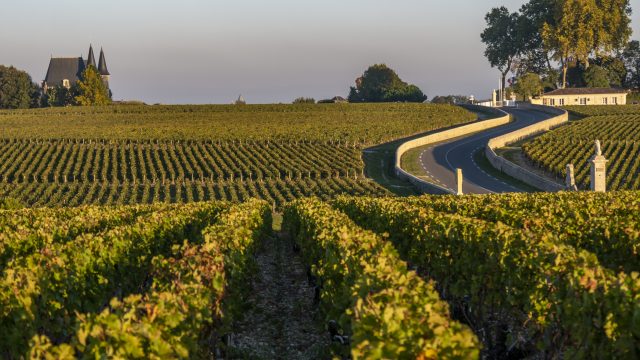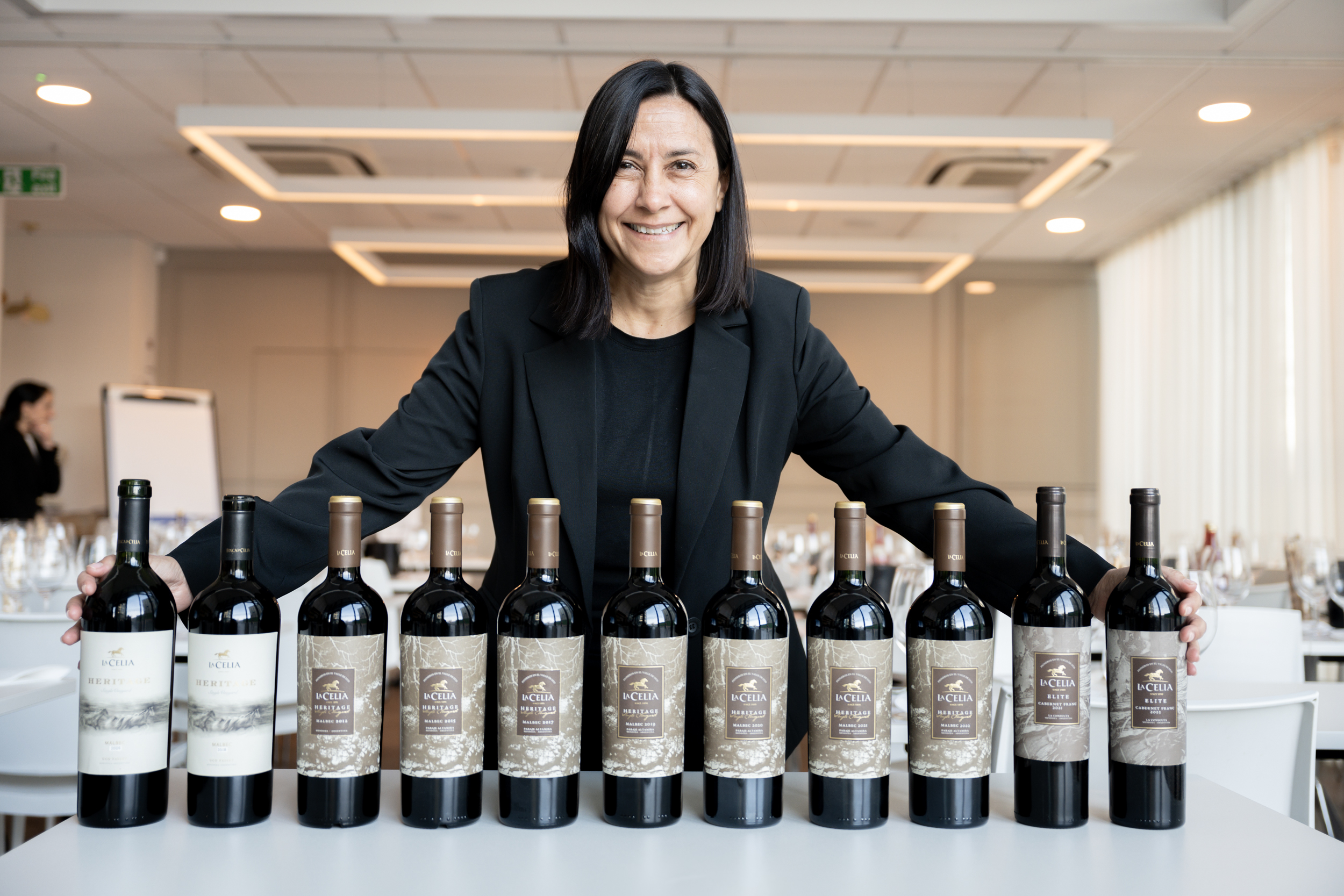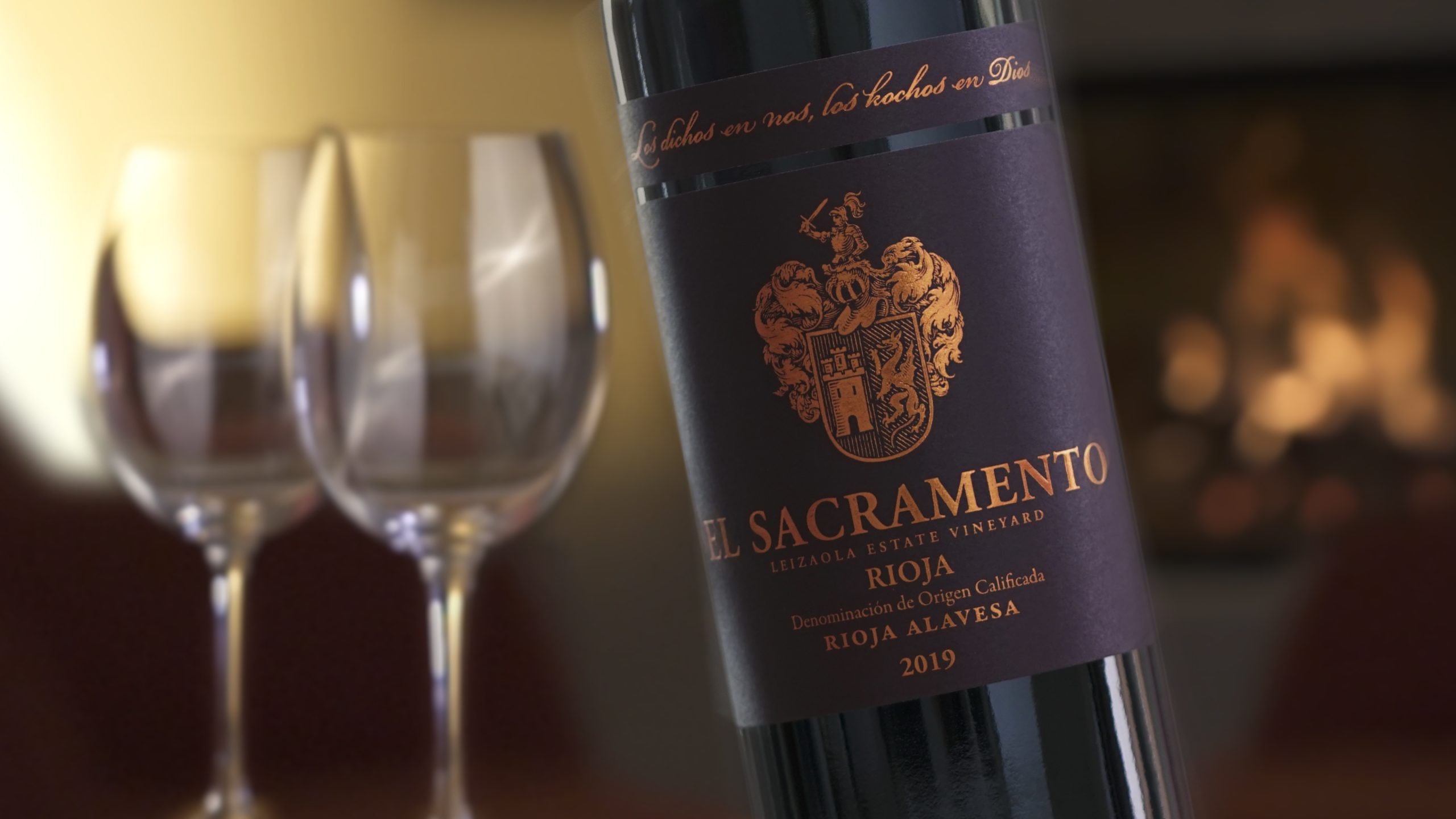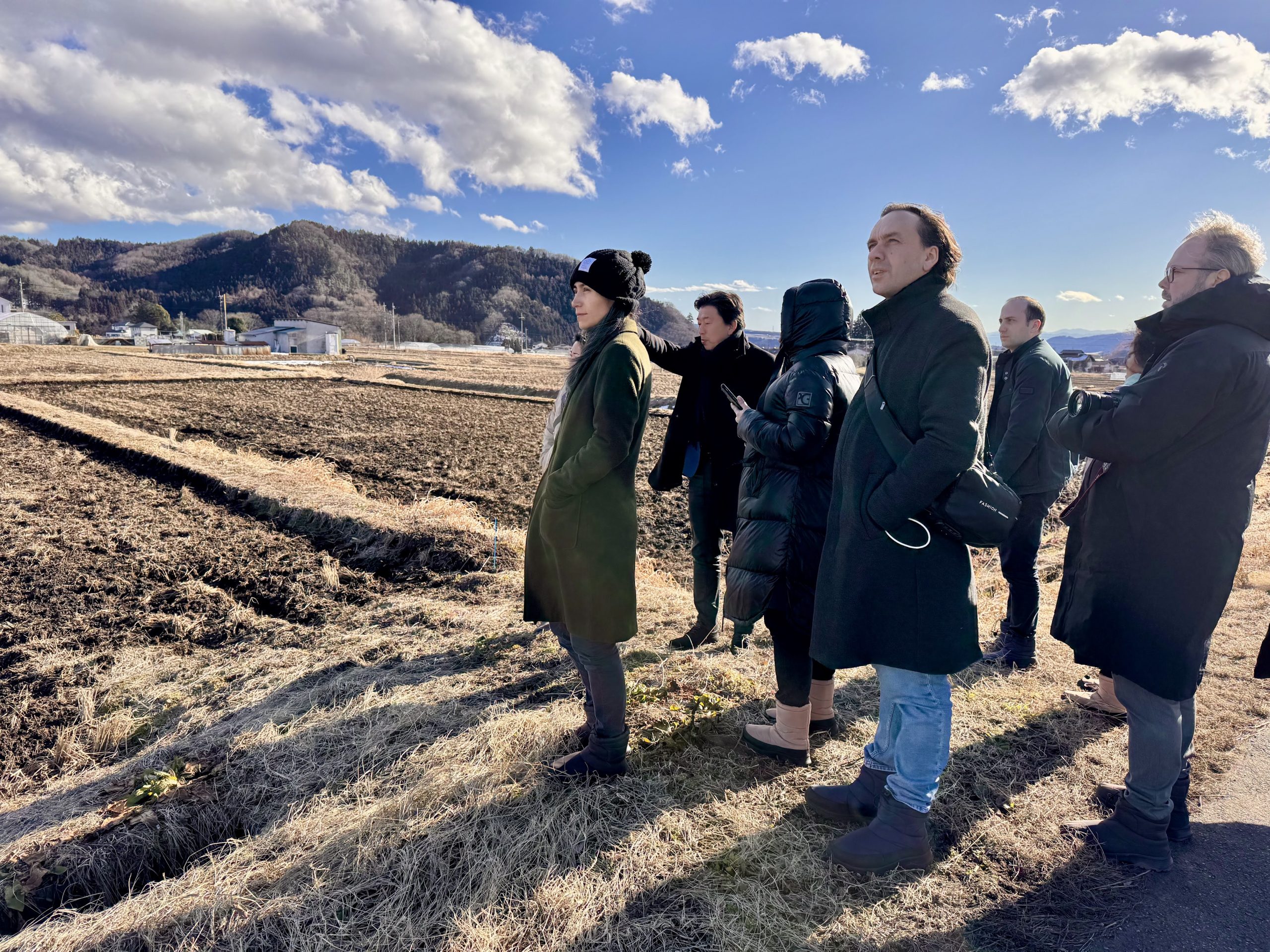Irish green energy entrepreneur acquires Medoc’s Château Tour des Termes
By Colin HayBordeaux estates Château Tour des Termes, which has been owned by the Anney family for five generations, has been acquired by the Irish wind farm entrepreneur Dr Eddie O’Connor for an undisclosed sum.

O’Connor is famous for developing sustainable offshore wind technologies in the Irish and North Seas since 2003 and onshore wind in Ireland, the UK , the US, Chile and South Africa since 1992.
The estate in Saint-Estèphe comprises 15 hectares of vines on gravelly soil and clay-limestone, close to neighbouring estates Château Calon Ségur, Grand Cru Classé and Château Montrose. It is atypical for the appellation in that its wines contain a high proportion of Merlot, and it has a majority of Merlot planting (60%), with 30% Cabernet Sauvignon, and 5% each of Cabernet Franc and Petit Verdot.
The estate has been owned and run by the Anney family for 5 generations however the family can trace its connection to the area to the mid-17th century and have been growing vines in Saint-Estèphe since 1876. Pierre Anney bought Château Tour des Termes in 1938, and it was later developed by his son Jean and grandson Christophe who invested in the vineyard, notably in plot selection.
However the family are not quitting entirely as Christophe Anney will continue to manage the estate – a role he has held for three decades. He will be work alongside new hire Julien Brustis, previously at Domaine La Bouche du Roi, who has been appointed as the new director general.
Partner Content
Commenting on the purchase, Eddie O’Connor said he had always wanted to own a vineyard in Bordeaux, which he considers the world’s greatest wine producing area.
“Building on what has been achieved by Christophe and his forebears we intend to create a sustainable vineyard which copes in the best way possible with global warming,” he said.
The estate takes it name from an old feudal tower that sits on a plot of land called ‘Les Terms’ (meaning ‘end of the land’) which dates back to Gallo-Roman times. It is believed that it was the site of an ancient lighthouse that marked the entrance to the outer harbour of the Gallo-Roman city of Brion, further inland.
With additional reporting by Arabella Mileham
Related news
The winemaking nations hit hardest by Trump tariffs
Hospices de Nuits-Saint-Georges auction: bucking the trend
‘Liberation Day’ or liquor lockdown? Trump’s tariffs rattle the wine & spirits world




